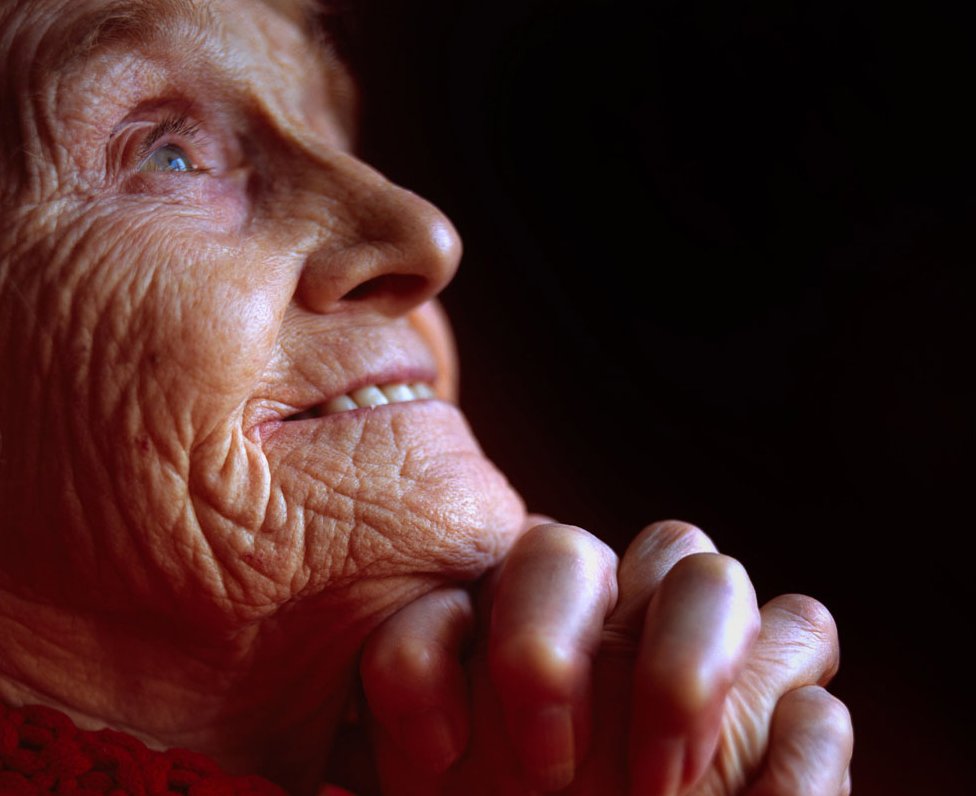
Photo: Penny Klepuszewska
Conditions for kindness
Can the arts act as a superconductor for kindness? Jo Broadwood and Sarah Fox are finding out.
From an ice rink in Brixton to the seaside town of Margate, People United’s inaugural artists’ commissions are testing out theories on how the arts can help build a kinder, more caring society. We are a creative laboratory, based in Kent, and for the last six years we have been exploring how the arts can inspire kindness and from that a sense of community and social change.
Building on our previous projects and research, we are currently working with five artists across the country to produce art that investigates and promotes the idea of kindness. In collaboration with the artists and our partners – the National Theatre, Turner Contemporary and Kent County Council − we are using the model we have developed in our recent ‘Arts and Kindness’ paper to ask questions about how art might act as the spark for greater compassion, care and concern for others. In the paper we propose a model for understanding how the arts can create the conditions for kindness to grow. From a broad-based review of research on pro-social behaviour and altruism across a range of different academic disciplines, we have identified four main themes or mediators that connect the arts and kindness. These mediators can help to explain the kinds of changes that might be taking place when people engage in the arts, leading to kinder attitudes and behaviours. Each of our commissioned artists is investigating one of the four mediators: emotions, connections, values and learning.
At Brixton Ice Rink visual artist Janetka Platun is working with the National Theatre to explore the ‘connections’ mediator: theories which indicate how the arts might bring us together and help us to see what we have in common with others. Using the ice rink as a stage, Janetka is visually mapping the stories of six local ice skaters, ranging from an ice hockey player to a skater in their seventies, exploring and illustrating their sense of belonging to a particular local area.
The arts can involve us in a deep exploration of our beliefs and values, a key determinant of how we behave towards others
We are all aware of just how powerfully and directly the arts can affect our emotions. In particular, the arts can develop empathy, which is key for influencing kindness. Playwright and campaigner Sarah Woods is exploring the ‘emotions’ mediator. She is developing a one-woman interactive show that attempts to discover what empathy really is. She will tour her show to a number of groups in Kent such as Age UK and local councillors, filming their responses and thoughts. As the tour progresses, Sarah will edit in these elements, juxtaposing the local stories and experiences with the bigger international and scientific narrative. The final ‘transformed’ piece will be performed to those who have already been involved, as well as to a wider community audience.
In association with Turner Contemporary in Margate, artist Maria Amidu is reflecting on the ‘values’ mediator. The arts can involve us in a deep exploration of our beliefs and values, a key determinant of how we behave towards others. Responding to a single piece of artwork from the exhibition ‘Curiosity: Art and the Pleasures of Knowing’, Maria will interact with gallery visitors, exploring how the piece challenges, transforms or reinforces values, culminating in a visual representation of her discoveries.
The arts can expand our knowledge about each other and about the world, and help us learn new skills. Phoebe Marsh, the artist exploring the ‘learning’ mediator, is at the very start of her career in performance and producing. She is spending time with the other artists, watching their projects evolve, and will produce a series of podcasts sharing her learning.
Finally, Leeds-based photographer Penny Klepuszewska, will take inspiration from all four commissions to produce a series of photographs that embrace the essence of the research and the programme as a whole.
Our approach has always combined a strong theoretical framework with creativity, imagination and a curiosity to learn and experiment. We want the commissions to scrutinise and investigate our proposition through experimental and thought-provoking art. The creative tension between the two disciplines of art and science, are, we hope, what will make this programme unique, and will build the foundation for future commissions.
In order for us to live well together, People United believes that we need to strengthen our capacity for empathy, compassion, friendship, social connection and concern for others, including future generations. There are many things that moderate our capacity for kindness, and wider socio-economic factors such as inequality and prejudice cannot be ignored. However, we believe the relatively straightforward concept of kindness is something that most people can understand and appreciate, and as such it can be a stepping stone towards other attitudes and behaviours that may help us to tackle more complex challenges such as environmental sustainability and global poverty.
Our ‘Arts and Kindness’ paper is just the beginning of our journey and it asks as many questions as it answers. We intend to develop this research further and are open to new thoughts and ideas and are excited to see how the artists we are working with build on these ideas. We are continuing to explore and develop our arts and kindness model, and are developing an evaluation tool based on scientifically validated metrics which will measure the impact of arts experiences on pro-social attitudes and behaviours. We are aware that kindness is only one part of a broader solution, but with its essential orientation towards ‘other’ thinking, we think kindness is an idea whose time has come.
Jo Broadwood is Head of Research and Innovation at People United and Sarah Fox is Project Manager at People United.
www.peopleunited.org.uk
Join the Discussion
You must be logged in to post a comment.